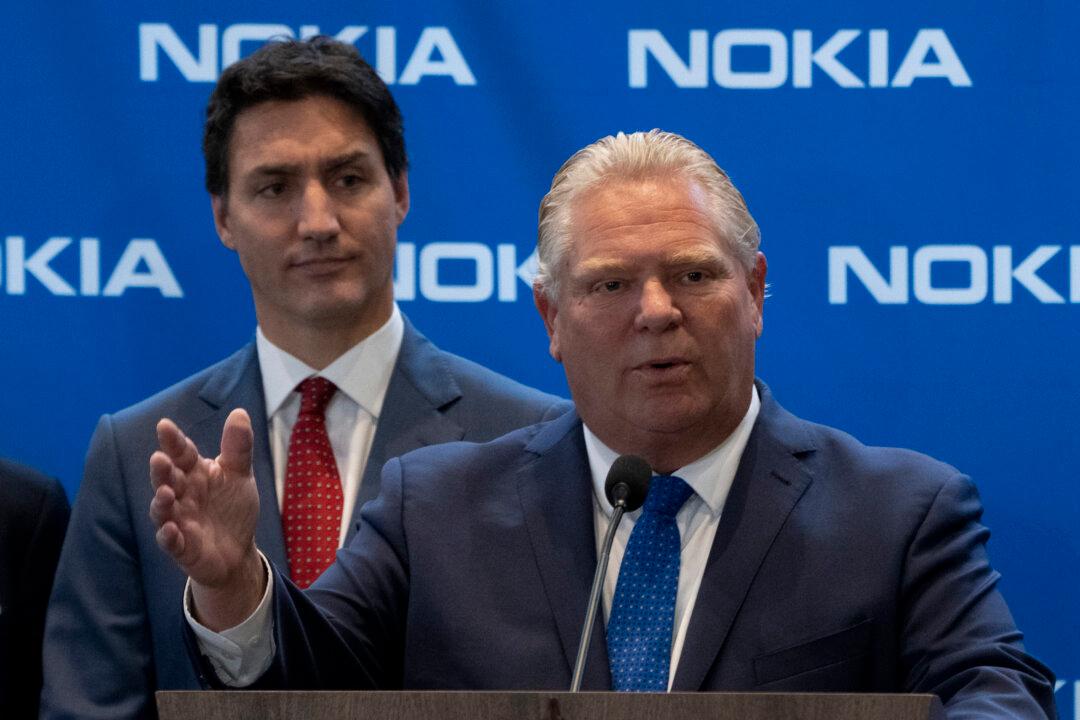Despite Ontario education workers going ahead with their strike after it had been declared illegal, and threats of supportive job action by unions across the country, some pundits say the Ford government could have stood stronger in its confrontation with education workers, while others say he had no choice but to back down.
After collective bargaining mediation fell apart, the province passed Bill 28 on Nov. 3, which imposed a contract on more than 55,000 workers represented by the Canadian Union of Public Employees (CUPE). The legislation also banned them from striking by using the notwithstanding clause in the Charter of Rights and Freedoms, which allows the government to override parts of the charter for a five-year period to prevent constitutional challenges.





